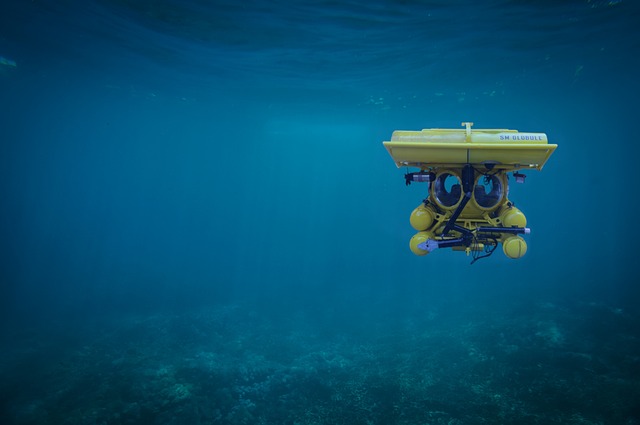Launch Vehicle Innovation
The universe beyond our planet continues to beckon us with mysteries waiting to be unraveled. Space exploration has long captivated human imagination, and the vehicles that propel us into the cosmos are crucial to our voyage beyond Earth.
Reusable Launch Vehicles

One of the most remarkable advancements in space exploration technology has been the emergence of reusable launch vehicles. Historically, launch vehicles were often discarded after a single use, incurring significant costs for each mission. However, innovative engineering has given rise to rockets capable of multiple launches, significantly reducing the price tag of space exploration.
Reusable launch vehicles, including the Falcon 9 from SpaceX, have ushered in a new era of cost-effective space access. By landing and refurbishing rocket stages after launch, these vehicles have made it possible to drastically diminish the expense of launching payloads into orbit, making space exploration more accessible than ever before.
The Next Generation of Launch Vehicles
As we look toward the future, the development of next-generation launch vehicles holds immense promise. These advanced rockets are designed with cutting-edge technology to enhance payload capacity, efficiency, and safety.
They’re poised to take humanity deeper into space, allowing us to reach new destinations and conduct more ambitious missions.
Companies like Blue Origin and NASA’s Space Launch System (SLS) exemplify this progress. With its towering power and capacity, SLS will enable human missions to the Moon, Mars, and beyond. These launch vehicles are integral to our aspirations of exploring the cosmos, conducting scientific research, and even establishing colonies on other celestial bodies.
The Fusion of Electric and Hybrid Propulsion Systems
Integrating electric and hybrid propulsion systems is another exciting avenue in launch vehicle innovation. Electric propulsion relies on ionized gasses for thrust, offering significant efficiency and fuel consumption advantages. Meanwhile, hybrid systems combine traditional chemical propulsion with electric elements to optimize performance and reduce environmental impact.
These propulsion systems are ideal for missions requiring extended duration in space, such as interplanetary travel. They promise to make long-duration tasks more efficient and sustainable, potentially opening doors to interstellar exploration and missions to distant planets.
Launch vehicle innovation is at the forefront of space exploration, shaping the future of humanity’s cosmic journey. Reusable launch vehicles have democratized access to space, next-generation launch vehicles enable grander missions, and electric and hybrid propulsion systems enhance efficiency and sustainability.
